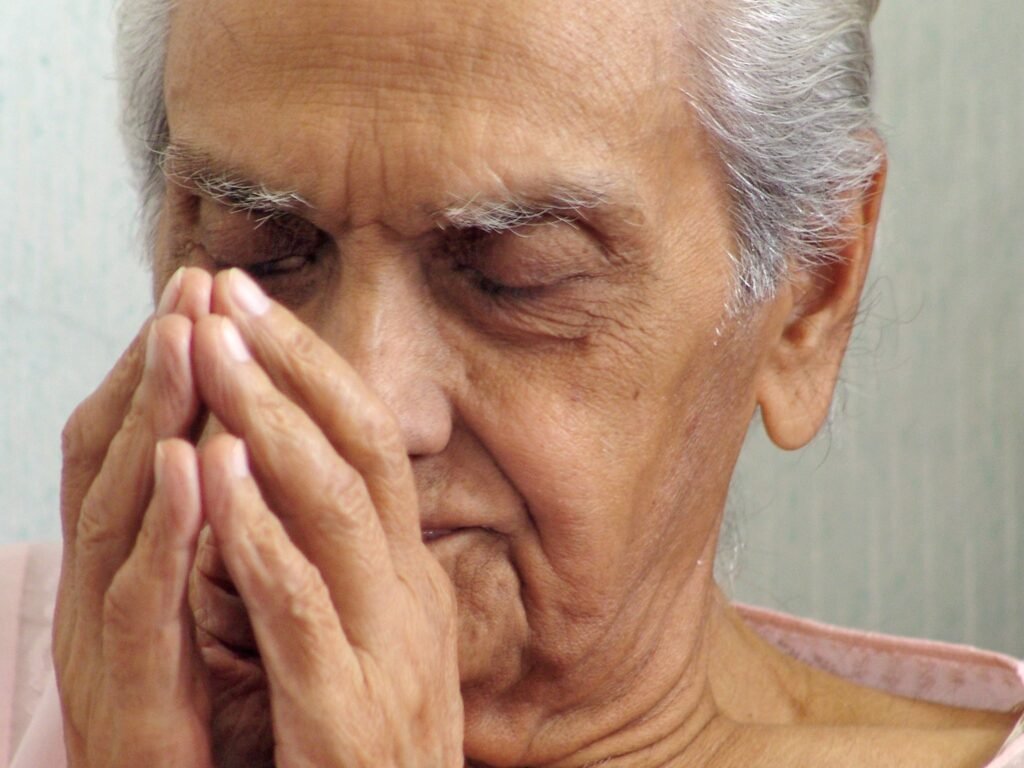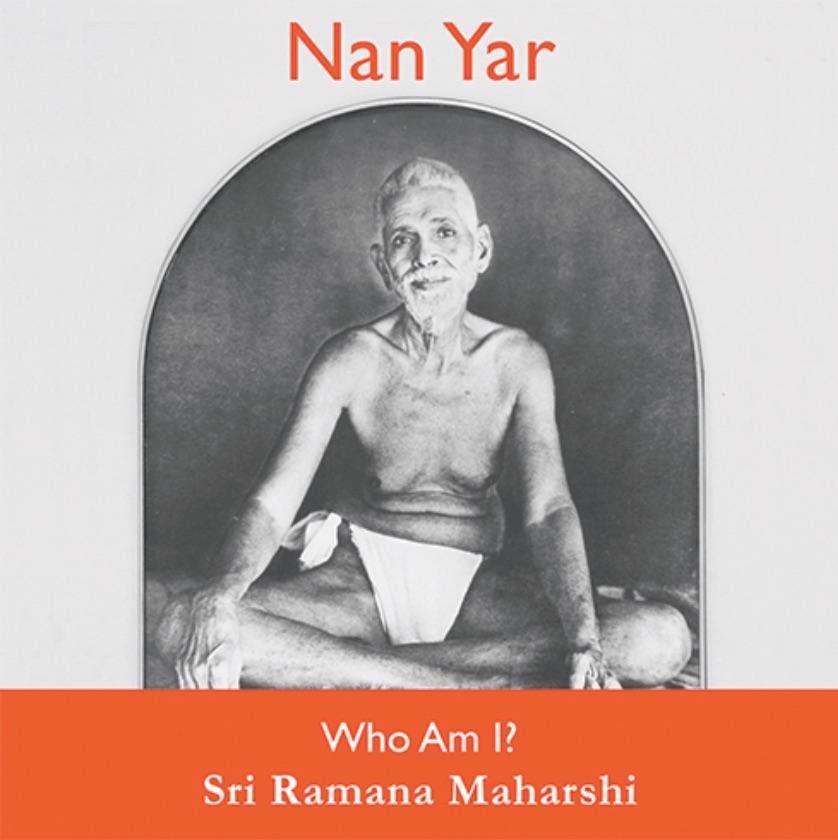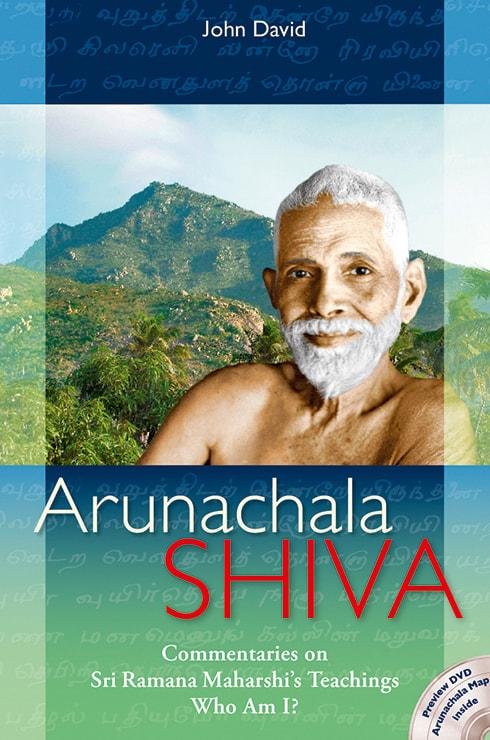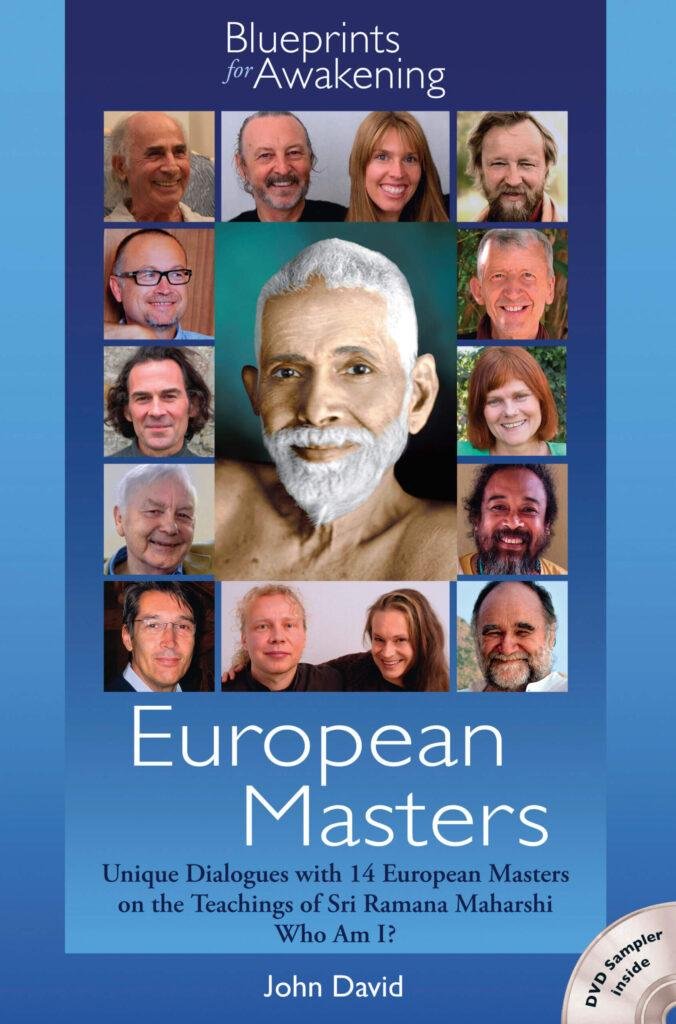Ramesh Balsekar
“Living means, from moment to moment, never knowing whether the next moment is going to bring peace, pleasure or pain.”
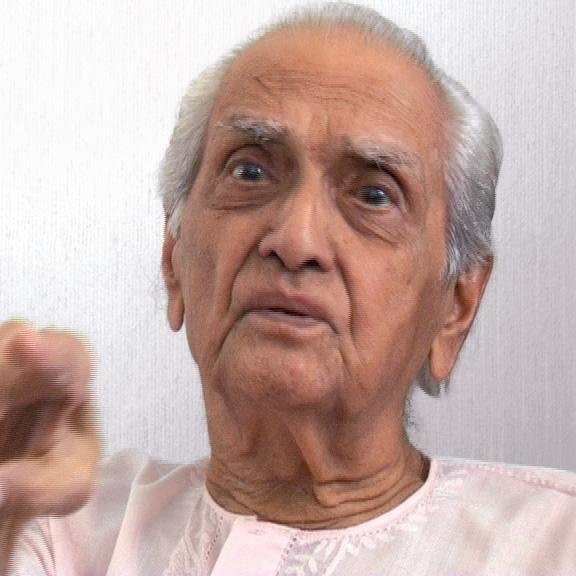
Full Interview with Ramesh Balsekar & John David
My first meeting with Ramesh was in 1992. In the following years I enjoyed sitting in his apartment, which he rarely left, while he spoke to us as non-doers, explaining that everything happens in our life according to destiny. He maintained his morning meetings for more than twenty years up to the age of ninety-two. His master was Nisargadatta Maharaj but he always displayed a deep connection to Sri Ramana Maharshi.
– John David
Questions and Answers
Sri Ramana proposed the fundamental question, ‘Who am I?’* Who are you?
Many Western seekers come to India looking for enlightenment as if it is an experience. What is enlightenment?
Are there any qualifications for enlightenment? Is sadhana (spiritual practice) necessary? If yes, what form do you advise?
Sri Ramana said that Self-enquiry is the most direct route to realising the Self. What do you say about Self-enquiry? How to conduct Self-enquiry?
When Sri Ramana was asked, ‘When will the realisation of the Self be gained?’ he replied, ‘When the world which is what-is-seen has been removed, there will be realisation of the Self which is the seer.’* What is the true understanding of the world? How to remove the world?
It has been suggested that the mind must be destroyed for liberation to occur. Do you have a mind? Sri Ramana used the term manonasha to describe the state of liberation, meaning destroyed mind. How to destroy the mind?
What about vasanas, the tendencies of the mind? Must these be removed before Self-realisation can become permanent? Is it enough to achieve asattvic (calm and peaceful) state of mind and to know one’s vasanas so that they no longer bind? How to remove the vasanas?
At the end of his book, Self-Enquiry, Sri Ramana says, ‘He who is thus endowed with a mind that has become subtle, and who has the experience of the Self is called a jivanmukta.’ Is this the state that can be called Self- realised?
He goes on, ‘And when one is immersed in the ocean of bliss and has become one with it without any differentiated existence, one is called a videhamukta. It is the state of videhamukti that is referred to as the transcendent turiya (state). This is the final goal.’ Is this the state that can be called enlightenment?
It appears essential to meet a guru and stay with that guru. Who is the guru? What is the guru’s role? How to recognise a true guru?
Sri Ramana’s devotees had tremendous devotion to him, and he to Arunachala. Please say something about bhakti, devotion, in the pursuit of awakening.
Seekers often have curious ideas about the enlightened state. Please describe your typical day and how you perceive the world.
You have given us a profound discourse on awakening. When you meet a passion for awakening, what would your short advice be?
Ramesh Balsekar's teachings
Ramesh Balsekar’s teachings are rooted in the tradition of Advaita Vedanta nondualism. Central to his philosophy is the idea of an ultimate Source, Brahman, from which all creation arises. He emphasized the concept of pure Advaita, encapsulated in the phrase “Consciousness is all there is.” This indicates that the entire universe, including every individual, operates under the sway of both Divine and natural laws.
One of the core principles in Balsekar’s teachings is the non-existence of a separate, individual seeker. He guides his followers to an understanding where they see themselves not as separate entities, but as manifestations of God or the universal consciousness. This ultimate understanding erases the lines between the seeker and the sought, leading to a non-dual perception of reality.
Balsekar also emphasized the importance of recognizing that actions occur through us, but not by us. You are not the doer. Every action, thought, or feeling arises spontaneously, without any personal control. This understanding helps in dissolving the ego and realizing that every action is a result of cosmic orchestration, rather than personal doership. This realization is key to achieving peace and liberation from the cycle of birth and death.
His teachings, thus, focus on guiding individuals towards a realization of their true nature, which transcends individual identities and the notion of separateness, aligning them with the universal truth of oneness and non-duality.
appears in
Blueprints for Awakening – Indian Masters
Indian Spiritual Masters
John David has been interviewing sixteen important Indian Spiritual Masters. The result is a compendium of astonishing wisdom about the biggest secret of all times: the Nature of our True Self and how to realise it.
This boock answers all questions of the spiritual search and is for everyone who has an inner passion to find out who they are.
Published in two volumes.
Ramesh Balsekar is part of Volume I.

Other Ramana Maharshi Books
Aham Sphurana – A Glimpse of Self Realisation [Volume 1]
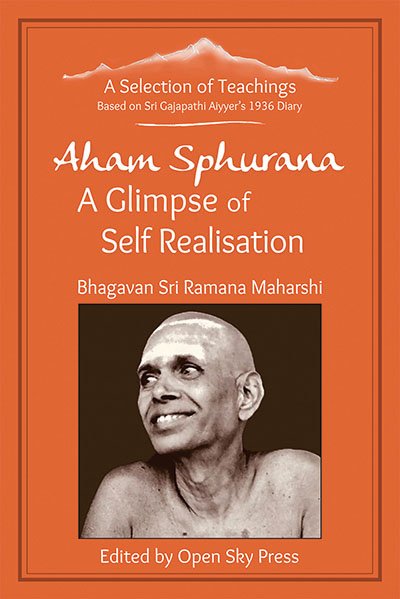
Fascinating dialogues and stories of Ramana Maharshi recorded by Sri Gajapathi Aiyyer in the summer 1936, at Ramana Ashram.
Vichara – Self Enquiry,
Who am I? [Volume 2]
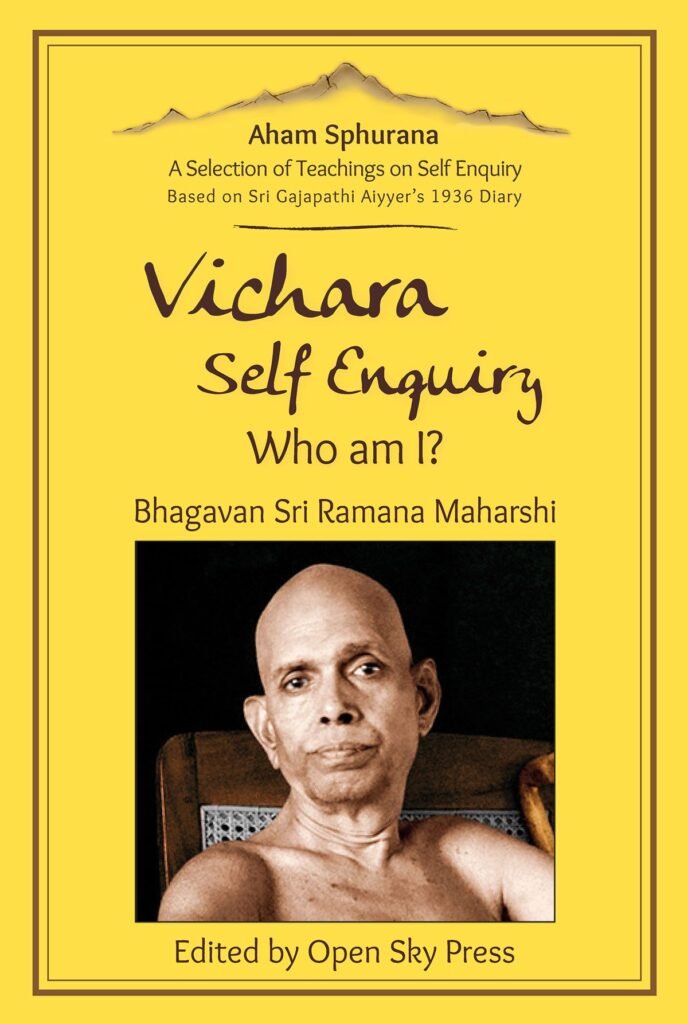
Vichara offers a fresh and focused exploration of Bhagavan Sri Ramana Maharshi’s most profound teaching: Self-enquiry.
Sharanagathi – Surrender,
Letting go. [Volume 3]
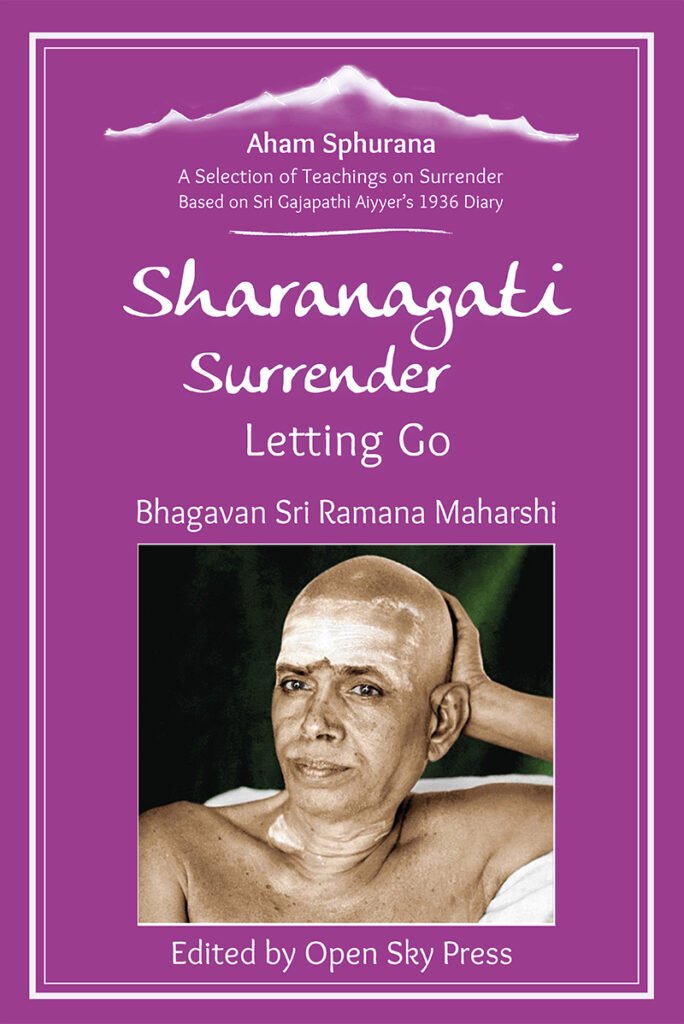
Sharanagathi explores Bhagavan’s direct and powerful path of dissolving the ego through surrender.
Biography
Ramesh S. Balsekar (25 May 1917 – 27 September 2009) was an influential Indian teacher in the tradition of Advaita Vedanta, a school of thought in Hindu philosophy. Born in Mumbai, he lived and worked there throughout his life. A well-educated individual, Balsekar graduated in commerce from the University of London. He then embarked on a professional career, culminating in his role as the General Manager of a leading nationalized bank in India, from which he retired.
His spiritual journey and teachings were significantly influenced by his discipleship under Sri Nisargadatta Maharaj, a renowned Advaita Master. Balsekar’s teachings primarily focused on the nondual nature of existence, advocating the concept of ‘Consciousness is all there is’. He emphasized the understanding of life and actions as manifestations of divine will, beyond individual control and doership.
Ramesh Balsekar’s contribution to spiritual literature and teachings has been widely recognized, leaving a lasting impact in the field of Advaita Vedanta and spirituality.

I live my life as if I have total free will, with the total understanding that I’m not the doer.
– Ramesh Balsekar
